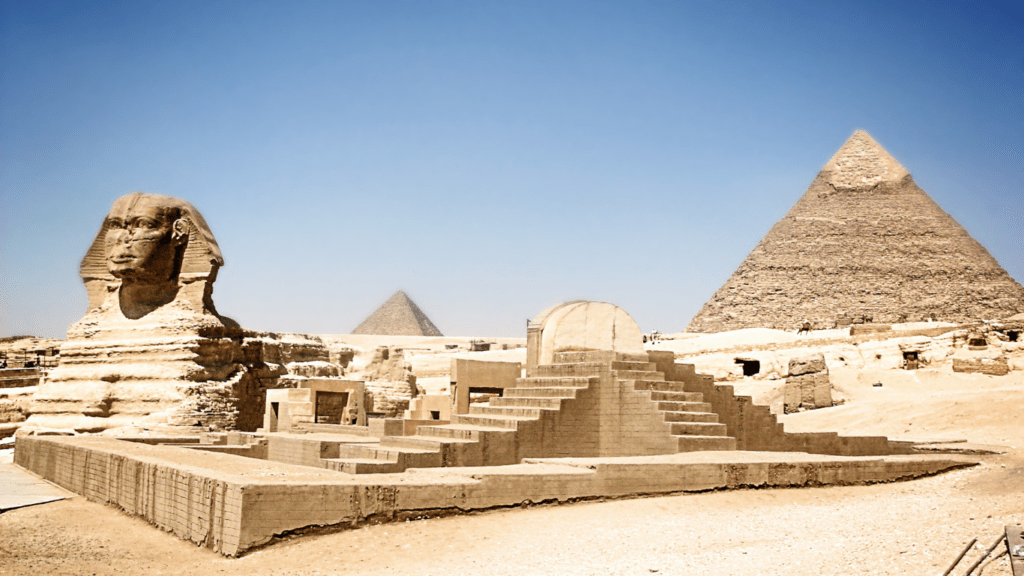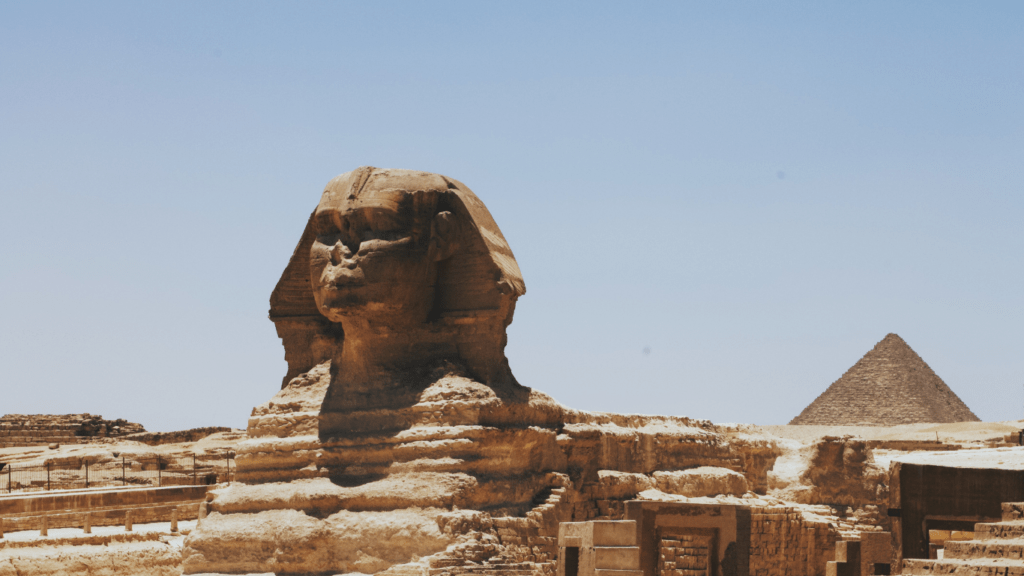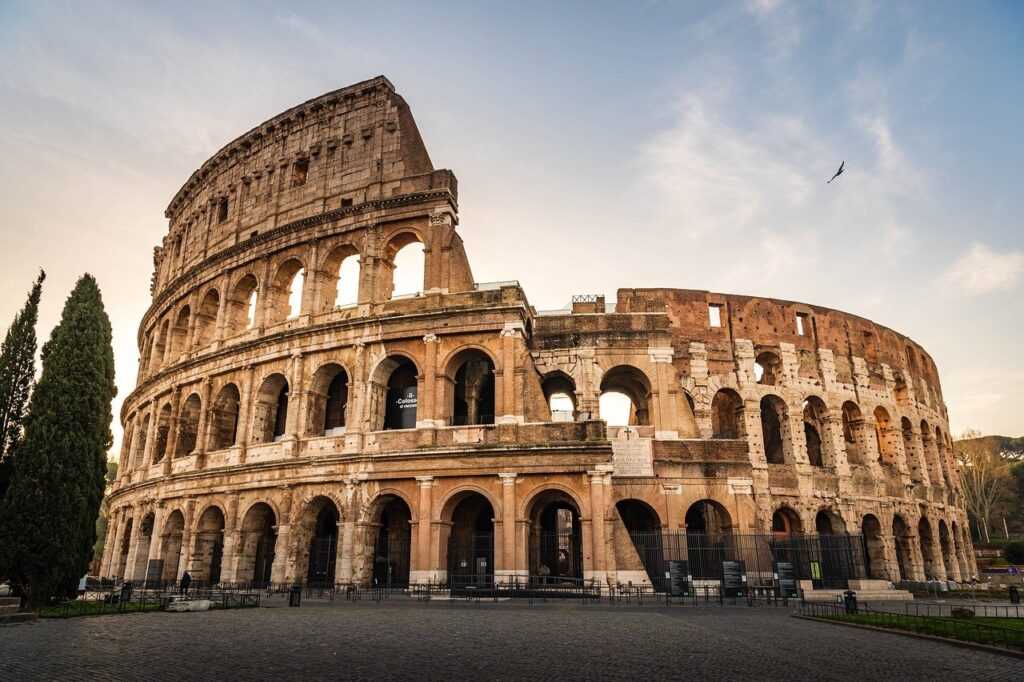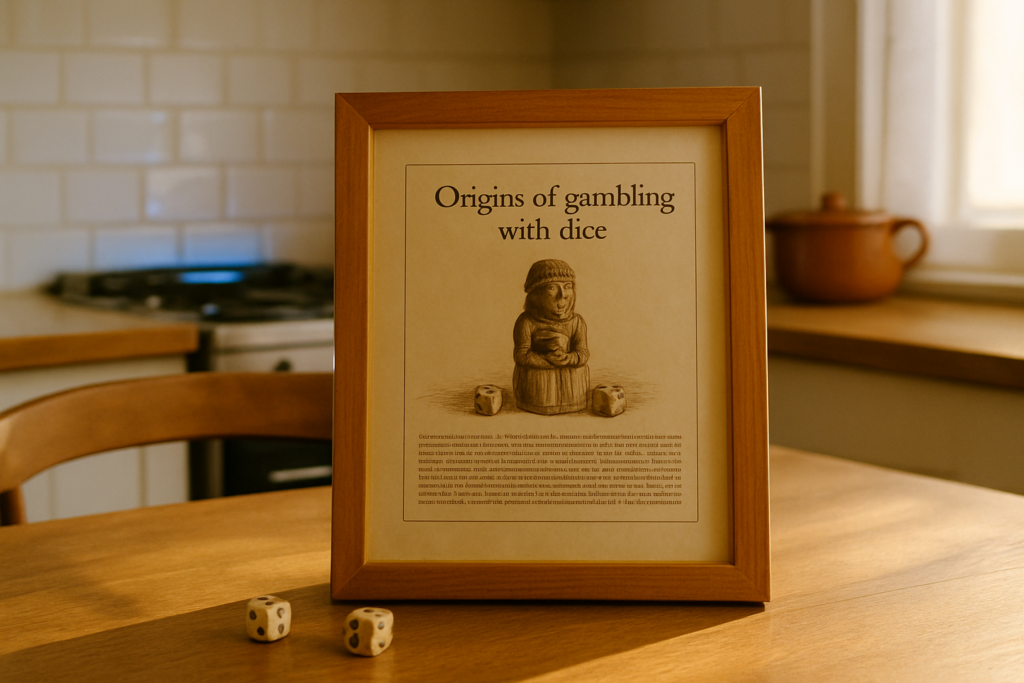Exploring the roots of betting takes us on a fascinating journey through the annals of history. In ancient Egypt, a civilization renowned for its rich tapestry of culture and traditions, the practice of betting held a unique place in society. From simple wagers on games of chance to more elaborate forms of betting intertwined with religious beliefs, the evolution of betting in ancient Egypt offers a captivating glimpse into the past.
As I delve into the intricacies of how betting evolved in this ancient civilization, we uncover a world where risk-taking was not just a pastime but a reflection of societal norms and values. Through the lens of history, we can discern the ways in which betting shaped social interactions, economic dynamics, and even spiritual practices in ancient Egypt. Join me as we unravel the mysteries of betting in one of the world’s oldest civilizations.
Betting Practices in Ancient Egypt
Exploring the betting practices in ancient Egypt provides a fascinating insight into the societal fabric of this ancient civilization. Betting in ancient Egypt was not merely a form of entertainment but a deeply ingrained cultural phenomenon that reflected the values and beliefs of the society at that time.
- Games of Chance: In ancient Egypt, betting was commonly associated with various games of chance. These games were not just about luck but also carried symbolic meanings and often had religious connotations attached to them.
- Symbolism and Rituals: Bettings activities in ancient Egypt were often intertwined with symbolic rituals that held spiritual significance. People believed that the outcomes of their bets were influenced by supernatural forces, and winning or losing was seen as a reflection of divine will.
- Social Integration: Betting served as a social activity that brought people together, fostering a sense of community and camaraderie. It was a way for individuals to connect, interact, and engage in friendly competition while participating in betting activities.
- Economic Significance: Apart from its social and cultural aspects, betting also had economic implications in ancient Egypt. People engaged in betting as a means of wealth accumulation, and winnings were often seen as a symbol of prosperity and success.
- Regulation and Control: Despite its popularity, betting in ancient Egypt was subject to regulations and control by the ruling authorities. There were specific rules governing betting activities to ensure fairness and prevent any form of exploitation or fraud.
- Legacy and Influence: The legacy of betting practices in ancient Egypt has had a lasting influence on modern gambling traditions. The principles of risk-taking, chance, and the thrill of uncertainty that were prevalent in ancient Egyptian betting practices continue to resonate in contemporary gambling cultures.
- Cultural Reflection: Overall, betting practices in ancient Egypt reflect a unique blend of cultural, social, economic, and spiritual elements that highlight the intricate tapestry of beliefs and customs in this ancient civilization.
Origins of Betting in Ancient Egyptian Civilization
Role of Betting in Ancient Egyptian Society
Betting in ancient Egypt played a vital role in the societal fabric, serving as more than just a recreational pastime. It was deeply intertwined with social interactions, cultural practices, and religious beliefs. Egyptians believed that betting on various games and activities could invoke the favor of the gods, bringing luck, prosperity, and protection to both individuals and the community. This practice was not merely about chance but was imbued with spiritual significance, fostering a sense of unity and camaraderie among participants.
Integration of Betting into Everyday Life
Betting wasn’t isolated to specific events or occasions; instead, it permeated various aspects of daily life in ancient Egypt. From simple dice games to complex sports competitions, betting was a common feature in gatherings, festivals, and even religious ceremonies. Participants engaged in betting not only for personal amusement but also as a way to bond with others and reinforce social ties within the community. The act of betting symbolized trust, mutual respect, and cooperation among individuals, shaping the interpersonal dynamics of Egyptian society.
Economic Implications of Betting Practices
In addition to its cultural and social significance, betting in ancient Egypt had notable economic implications. The exchange of goods, services, or valuables based on betting outcomes contributed to the circulation of wealth and resources within the community. It served as a means of redistributing assets among individuals and promoting economic equity. Moreover, the practice of betting often involved wagering items of monetary value, enhancing commercial activities and trade relationships among Egyptians. Betting was not just a leisurely pursuit but a dynamic economic mechanism that influenced wealth distribution and market transactions in ancient Egypt.
Regulation and Governance of Betting Activities
Despite its widespread presence, betting in ancient Egypt was subject to certain regulations and oversight to maintain fairness and prevent disputes. Local authorities and community leaders often supervised betting activities, ensuring that participants adhered to established rules and ethical standards. Disputes arising from bets were resolved through customary legal procedures, with penalties imposed on those found guilty of deception or misconduct. This regulatory framework helped maintain order and integrity in betting practices, safeguarding the interests of all involved parties and upholding the values of justice and accountability in ancient Egyptian society.
Evolution of Betting in Ancient Egypt
Exploring the evolution of betting in ancient Egypt unveils a rich tapestry of cultural practices and social interactions. Betting in this era was not merely a pastime but a fundamental aspect ingrained in the fabric of everyday life. It served as a conduit for invoking divine favor and enhancing communal bonds among the populace.
In ancient Egypt, betting symbolized more than just a wager; it epitomized unity, camaraderie, and collaboration within society. Participants engaged in various forms of betting, ranging from dice games to sports contests, as a means to foster trust and strengthen interpersonal relationships. This practice extended beyond mere entertainment, shaping the dynamics of social cohesion.
Furthermore, the economic implications of betting in ancient Egypt were profound. It facilitated the circulation of wealth and promoted economic parity through the exchange of commodities and valuables. By partaking in betting activities, individuals not only sought luck and prosperity but also contributed to the redistribution of resources within the community.
Local authorities in ancient Egypt regulated betting practices to uphold fairness and resolve conflicts effectively. This oversight ensured the maintenance of order and integrity in society, preventing disputes and fostering a sense of equity among participants. The regulatory framework surrounding betting underscored the importance of balance and ethics in the conduct of such activities, emphasizing the significance of upholding community values and norms.



 Aaron Delvalle is the insightful author behind Gamble Wise Roots, where he brings a fresh perspective to the world of gambling. His work covers essential topics such as casino news and updates, simplifying the basics for newcomers, breaking down odds for better understanding, and exploring the rich history and evolution of casino games.
Aaron's deep curiosity about the origins of betting drives his research, offering readers a well-rounded view of the gambling landscape. Through his writing, he aims to educate and engage both novices and seasoned players alike.
Aaron Delvalle is the insightful author behind Gamble Wise Roots, where he brings a fresh perspective to the world of gambling. His work covers essential topics such as casino news and updates, simplifying the basics for newcomers, breaking down odds for better understanding, and exploring the rich history and evolution of casino games.
Aaron's deep curiosity about the origins of betting drives his research, offering readers a well-rounded view of the gambling landscape. Through his writing, he aims to educate and engage both novices and seasoned players alike.
